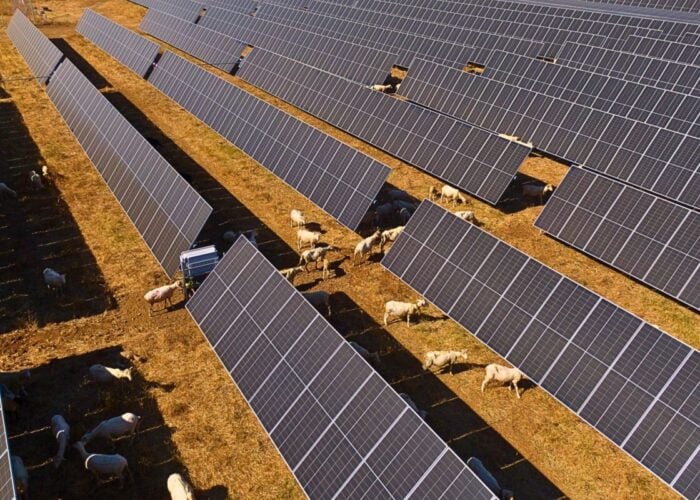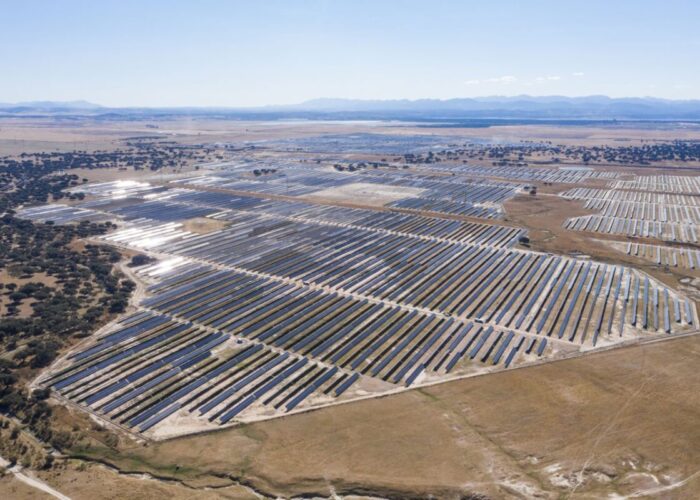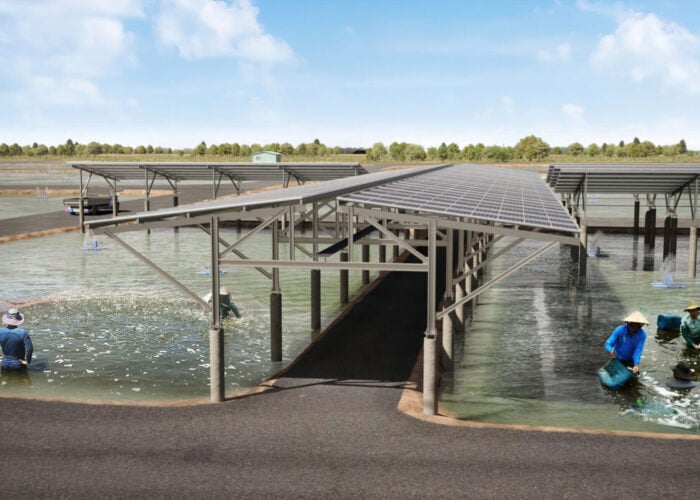
Taiwan has extended PV power project completion dates as a result of component shortages caused by the coronavirus (COVID-19) outbreak in China, while India is expected to advise on policy changes soon.
Taiwan’s Ministry of Economic Affairs said that PV power plant projects nearing completion in accordance with electricity purchasing rates on relevant projects approved in 2018 and 2019, would be granted a two-month extension, due to component shortages coming from China.
Unlock unlimited access for 12 whole months of distinctive global analysis
Photovoltaics International is now included.
- Regular insight and analysis of the industry’s biggest developments
- In-depth interviews with the industry’s leading figures
- Unlimited digital access to the PV Tech Power journal catalogue
- Unlimited digital access to the Photovoltaics International journal catalogue
- Access to more than 1,000 technical papers
- Discounts on Solar Media’s portfolio of events, in-person and virtual
The extensions apply to earlier 2019 projects to June 2020 and later 2019 projects to August 2020.
The Ministry of Economic Affairs stated that it considered the outbreak of COVID-19 an unexpected event, which has had an unpredictable impact on the Taiwanese PV industry.
Chinese PV trade bodies have already requested a similar policy be adopted in China.
Reports also suggest that India’s Ministry of New and Renewable Energy (MNRE) is expected to announce extensions for completions dates of PV power plants, again due to components coming from China.
Recently, credit agency CRISIL said that around 3GW of PV power plant projects in India were at risk of penalties for missing their respective scheduled commercial operation date (SCOD). India sources over 80% of its solar modules from China, according to CRISIL.
Manish Gupta, Senior Director CRISIL Ratings said, “This puts at risk around 3GW of solar projects auctioned between July and August 2018, which need to meet their SCODs by July 2020. Given that orders for modules are typically placed with a lead time of six months from SCOD, these projects are now in the process of either placing orders or receiving delivery of modules. Hence, any delay at this stage can prove costly.”







